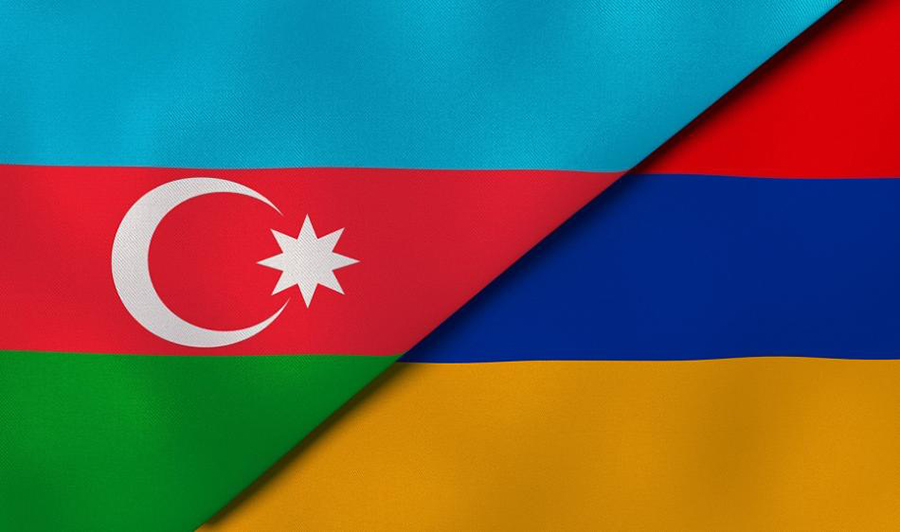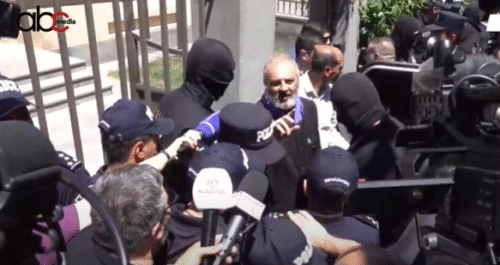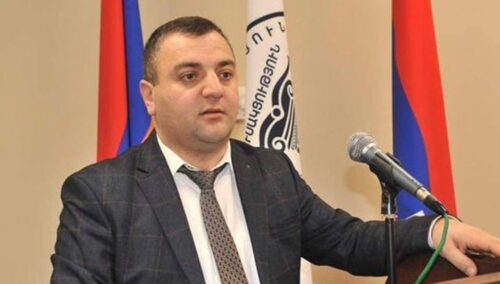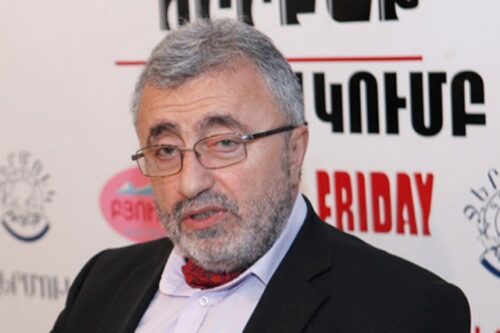
Chatham House: Expectations of breakthrough signatures of a peace agreement consequently need to be tempered
As host of COP29, Azerbaijan must guide the UN negotiations towards agreement on crucial climate finance. But the country’s weak environmental credentials, repressive politics and attachment to fossil fuel revenues invite doubts about its ability to provide effective climate leadership, Chatham House writes in a report, titled “Azerbaijan’s climate leadership challenge: What’s at stake at COP29 and beyond?” The authors also made extensive reference to the Armenian-Azerbaijani conflict. As mentioned, having solved its issues with Armenia, and with the Armenians of Nagorno-Karabakh, by force, Azerbaijan is keen to burnish its peace credentials by framing COP29 as a ‘peace COP’.
As noted, there is little doubt that Azerbaijan’s securing of the COP29 presidency, just three months after a campaign in Mountainous Karabakh widely characterized as ethnic cleansing, was a diplomatic coup for the government. Following Azerbaijan’s victory in the Second Karabakh War in late 2020, three years of coercive diplomacy had culminated in a September 2023 military strike that finally extinguished the 35-year-long attempt by local Armenians, supported by Armenia, to separate from the country. The successful Azerbaijani military operation resulted in the mass flight of the territory’s entire Armenian population, already weakened by a nine-month blockade. Baku continues to hold prisoner numerous figures from the Karabakh Armenian civil and military leadership: slated for trial in Azerbaijan, they are seen as hostages in Armenia. In COP29, Baku saw an opportunity to burnish its international bona fides as a peace actor, promoting the conference as a ‘peace COP’ and enjoining other nations to observe a global ‘COP truce’, akin to an Olympic truce, in all conflicts.
Notwithstanding caveats about the manner in which Azerbaijan has reached this point, this assessment has some basis in fact. Front lines were quieter in 2024 than at any time since before the 2020 Second Karabakh War. Both sides affirm their interest in connectivity and a long-awaited regional opening, and Armenian and Azerbaijani officials concur that most of the articles of a framework agreement have been signed off. Yet, as mediators like to say, ‘nothing is agreed until everything is agreed’.
Moreover, the most sensitive remaining issue, connectivity and transit, has by agreement been taken out of the text currently being negotiated. While Azerbaijani diplomats talk up the possibilities of peace, President Aliyev continues to emphasize military build-up as a national priority. The transition to peace requires forms of social and political agency that have long been restricted in Azerbaijan.
Expectations of breakthrough signatures of a peace agreement consequently need to be tempered. Instead, the COP29 opportunity should be used by Azerbaijan and Armenia to agree a new basket of bilateral confidence-building measures addressing some of the many environmental issues, such as conservation, pollution and water resource management, that by nature are beyond unilateral solutions. Embedding the incremental nature of such confidence-building packages into the process can gradually widen the field of Armenian-Azerbaijani strategic interactions beyond their antagonistic militarized dimensions, and build a basis for eventual agreement on other substantive issues that remain contentious.



